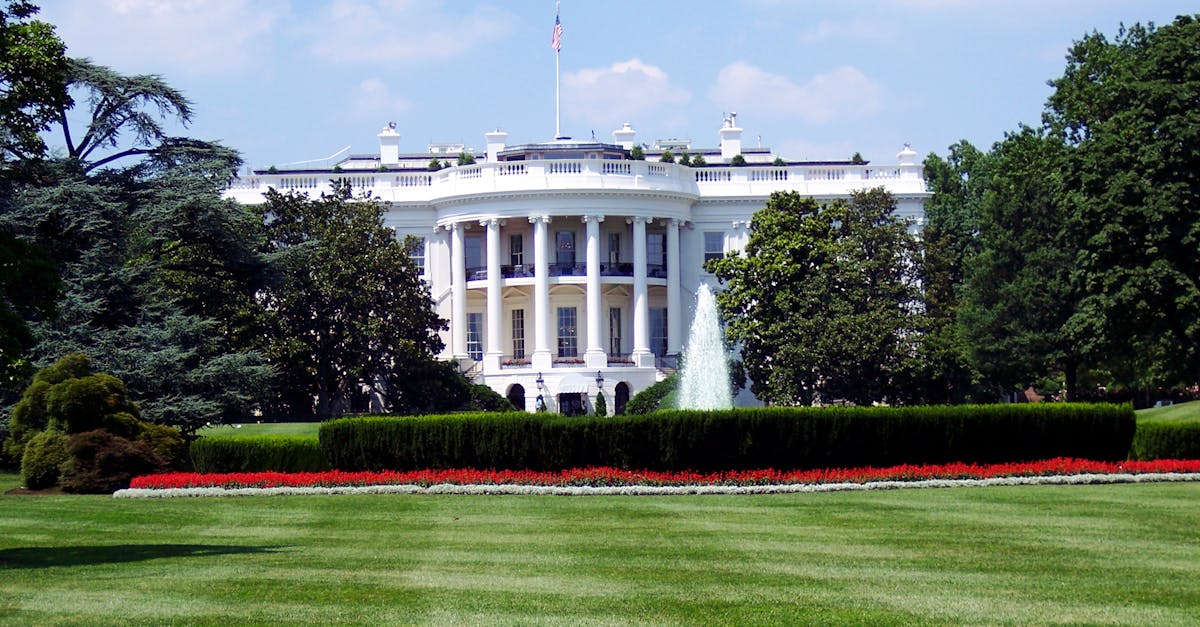Physical Address
304 North Cardinal St.
Dorchester Center, MA 02124
Physical Address
304 North Cardinal St.
Dorchester Center, MA 02124


Washington, D.C., November 20, 2025 – A political firestorm is sweeping across the United States after former President Donald Trump made incendiary remarks suggesting that Democrats should face ‘punishment by death’ over the content of a contentious video post. The surprising stat that nearly 60% of Americans disapprove of such rhetoric sets the tone for the unfolding drama. Both sides of the aisle respond vociferously, further polarizing the nation as this controversy captures headlines worldwide.
Recently, a video clip posted by an anonymous source went viral, allegedly depicting prominent Democratic figures in a less than flattering light. In an unexpected escalation, former President Donald Trump responded during a rally, stating that those involved in the video should be ‘punished by death.’ The rally, held in a packed stadium in Florida, immediately caught the attention of major media outlets, including The Guardian, which first reported on the shocking comments.
Trump’s statement has ignited a fierce backlash from Democratic leaders and civil rights organizations, who argue that such rhetoric is not only dangerous but could inspire violence. Trump, however, stands firm, claiming that his comments were taken out of context and were merely a critique of certain political actions he deemed treacherous. As the legal ramifications of his statements are debated, the impact on the political climate is severe.
The repercussions of Trump’s comments reach beyond typical partisan conflicts. Such language undermines the foundations of democratic discourse and may erode public trust in political representation. With the U.S. 2026 midterm elections approaching, the stakes are higher than ever. Political analysts warn that inflammatory rhetoric could set dangerous precedents, where public discourse excessively vilifies political opponents to the detriment of democracy.
Furthermore, Trump’s comments raise concerns about the acceptability of extreme political language in American public life. Will this become a new norm where political leaders employ hyperbolic threats for attention or power? The incident serves as a focal point for examining how political figures use language and the impact of their words on societal norms and democratic stability.
The explosion of social media reactions was immediate. On Twitter, hashtags like #TrumpMeltdown and #DemocracyInPeril trended nationwide. One user wrote, “Is this where we are now? Threatening death for political disagreements? Dark times for democracy!” Meanwhile, on Reddit’s r/politics, a thread titled “Trump’s Death Comments – Final Straw?” garnered thousands of comments within hours.
Many online echoed concerns about escalating political violence, while others defended Trump’s right to free speech, albeit in less drastic terms. This unfolding discourse online exemplifies the polarized digital landscape, where political ideologies collide head-on, amplifying the stakes of the real-world political drama.
Experts have weighed in on the potential fallout from Trump’s incendiary remarks. Dr. Sarah Levinson, a political science professor at Georgetown University, expressed concern over the potential long-term impacts on political engagement. “Rhetoric like this,” Levinson warns, “could significantly dampen voter turnout, especially amongst younger voters wary of an increasingly hostile political environment.”
Moreover, Dr. Harold McDermott, a historian specializing in American political culture, noted, “This is reminiscent of the divisive rhetoric seen in the pre-Civil War era – a time when political language became so vitriolic, it led to physical violence and intensified national divisions. We must tread with caution.” These insights paint a worrying picture of the current landscape, highlighting the importance of fostering civil discourse.
Political strategist Karen Albright suggests that while Trump’s remarks are extreme, they may be strategically aimed at solidifying his base by portraying himself as a persecuted figure fighting against a corrupt establishment. This approach, however, risks alienating moderates and could have broader implications for the Republican Party’s image.
In the immediate aftermath, the Democratic National Committee has called for a formal censure of Trump by both the House and the Senate. Whether or not these efforts succeed, they indicate the high level of concern within political circles about the implications of such language.
Looking ahead, experts suggest that both political parties must engage in dialogue to prevent further division. Failure to address these contentious issues could result in decreased public trust in political institutions and greater political apathy among the electorate. Monitoring how this dialogue unfolds will be crucial for predicting the direction of American political discourse.
The political ramifications of Trump’s ‘punishment by death’ comments mark a pivotal moment in American politics, underscoring the importance of responsible rhetoric among leaders. As we approach the 2026 midterms, the nation stands at a crossroads, navigating complex debates around free speech, political accountability, and the health of its democratic institutions. Moving forward, the hope is that this controversy serves as a catalyst for more constructive political engagement.